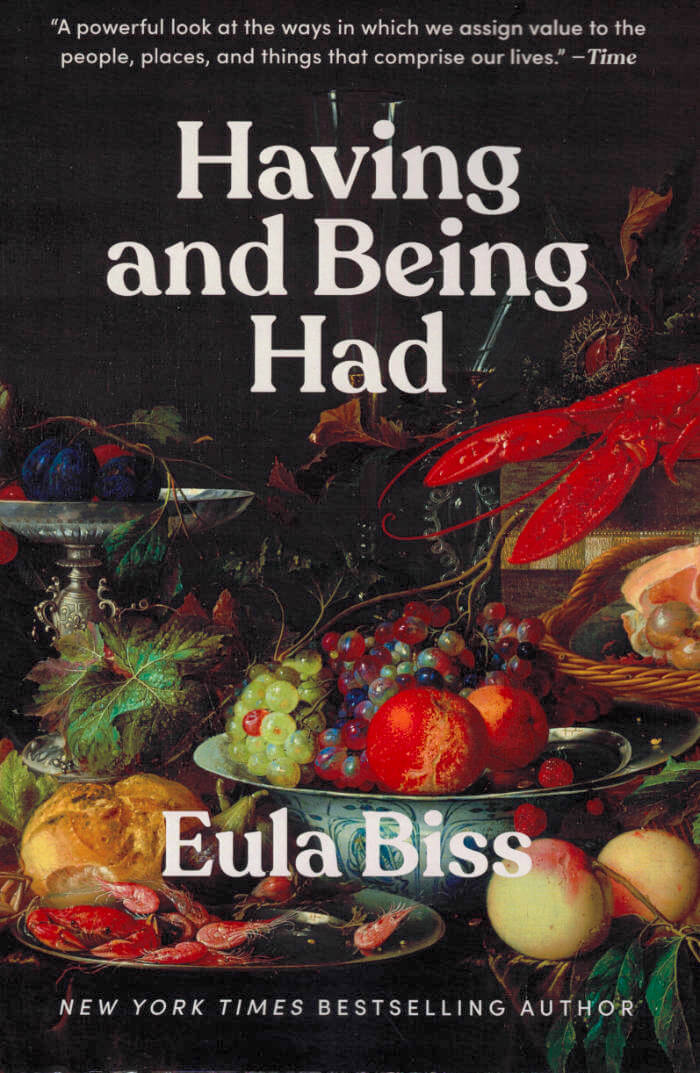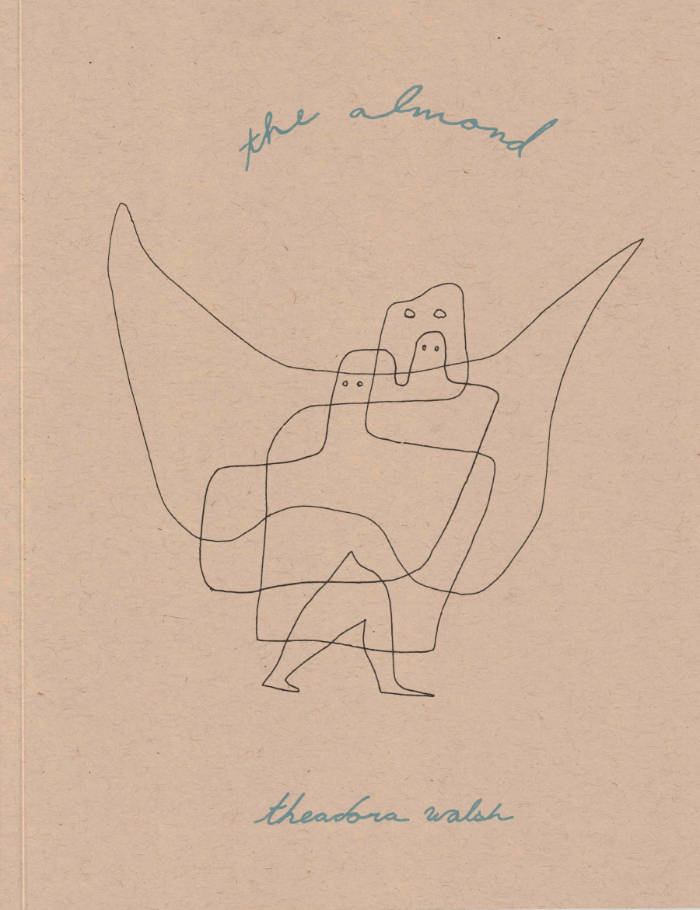
Having and Being Had
“My adult life can be divided into two distinct parts,” Eula Biss writes, “the time before I owned a washing machine and the time after.” Having just purchased her first home, the poet and essayist now embarks on a provocative exploration of the value system she has bought into. Through a series of engaging exchanges—in libraries and laundromats, over barstools and backyard fences—she examines our assumptions about class and property and the ways we internalize the demands of capitalism. Described by the New York Times as a writer who “advances from all sides, like a chess player,” Biss offers an uncommonly immersive and deeply revealing new portrait of work and luxury, of accumulation and consumption, of the value of time and how we spend it. Ranging from IKEA to Beyoncé to Pokemon, Biss asks, of both herself and her class, “In what have we invested?”
Eula Biss is the author of four books, including the New York Times bestseller On Immunity: An Inoculation, which was named one of the 10 Best Books of 2014 by The New York Times Book Review, and Notes from No Man's Land: American Essays, which won the National Book Critics Circle Award for criticism. Her work has appeared in Harper's Magazine, The New York Times, The Believer, and elsewhere, and has been supported by an NEA Literature Fellowship, a Howard Foundation Fellowship, and a Guggenheim Fellowship.
Language: English




